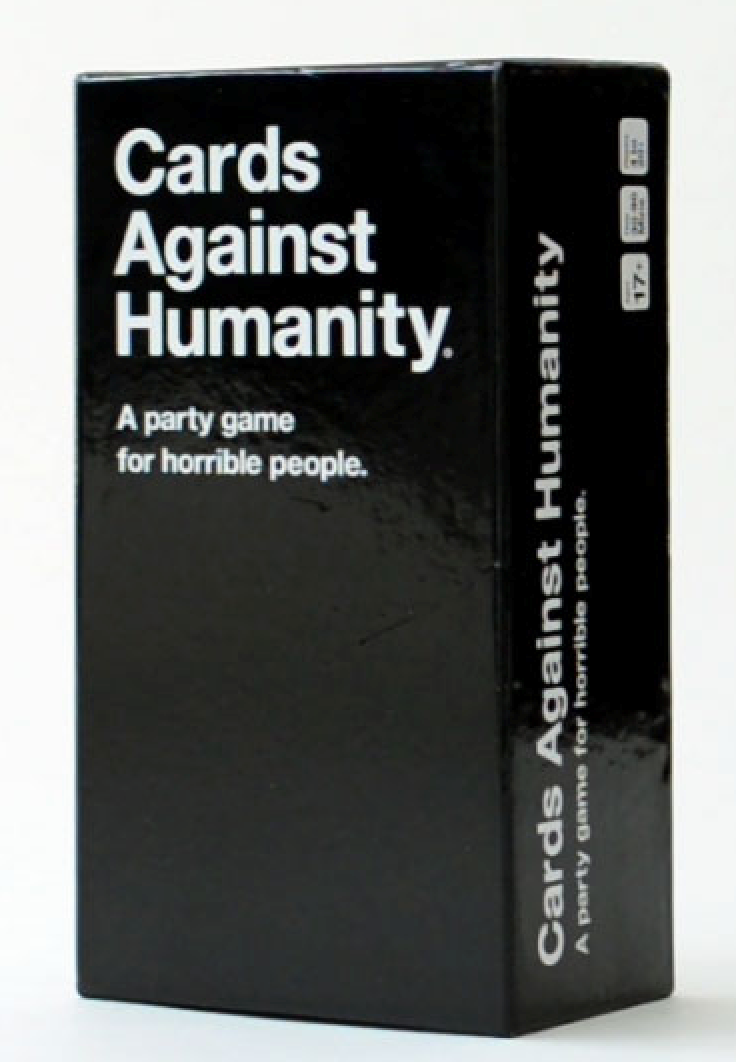Cards Against Humanity tackles wealth inequality by giving poorest customers US$1,000

Cards Against Humanity is trying to tackle wealth inequality with its latest stunt. The politically incorrect party game has sent US$1,000 (AU$1,300) each to 100 of its poorest customers, with the money coming from their richer customers.
Last month, the company announced a six-part project to stop US President Donald Trump from building his wall. The “Cards Against Humanity Saves America” required 150,000 people to pay US$15 (AU$19.60). The limited slots had all been bought on the first day of the announcement.
Customers had no idea what was in store for them; they were only told that they were participating in a six-part program to save the US from “injustice, lies, racism, the whole enchilada.” The first part would see them receiving a certificate of land Cards Against Humanity bought with their names on it. The said plot of land is located along the border of where Trump was planning to build his wall.
Last week, the card game announced that it was taking on wealth inequality, giving 100 of its least economically fortunate customers US$1,000 each.
“In order for Cards Against Humanity to truly save America, we realised we would have to tackle the biggest issue in the world: wealth inequality,” it said on its website. “Here are some crazy facts: Today, eight men own the same amount of wealth as the poorest half of humanity (almost 4 billion people). Most Americans can’t come up with US$400 in an emergency, and one is five American households have zero or negative wealth.”
CAH said that although they felt like they couldn’t do anything about the inequality, they could do something more achievable. They distributed the money they got from the project.
“Every idea has to start somewhere. Our lawyers advised against our first choice — a campaign to eat all the rich people and live in their houses — so we settled for something more achievable.”
As it explained, when it asked people to sign up and pay US$100, the subscribers were asked to fill out a survey. The survey allowed CAH to figure out who among the 150,000 people needed money the most.
The poorest 100 people received a check for US$1,000, while the next 10,000 people received a full US$15 refund. The rest of the subscribers, less than 140,000 of them, received nothing.
The game included testimonials from a few of those 100 people. It said that the combined responses of the subscribers to the questions, which included red herrings as to not clue the subscribers in, and weighted factors (including their census information, race, gender and education, and occupation) were considered in choosing the people who would receive the money.
“We excluded all Canadians. They already have universal healthcare. They’ll be fine,” it said, explaining some of the filters it used.
“Giving 100 people US$1,000 doesn’t fix wealth inequality. But we think these stories are a clear demonstration of how much US$1,000 to someone struggling to pay for basic necessities.”






